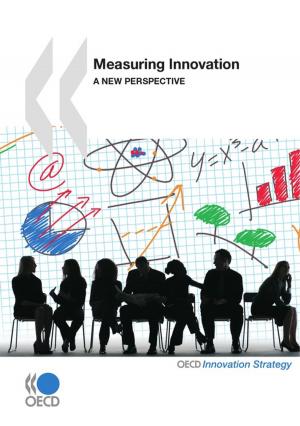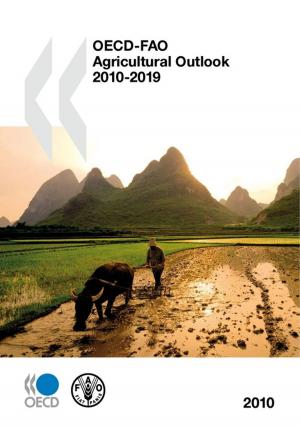Are the New Millennium Learners Making the Grade?
Technology Use and Educational Performance in PISA 2006
Business & Finance, Business Reference, Education| Author: | Collective | ISBN: | 9789264076044 |
| Publisher: | OECD | Publication: | March 11, 2010 |
| Imprint: | OECD | Language: | English |
| Author: | Collective |
| ISBN: | 9789264076044 |
| Publisher: | OECD |
| Publication: | March 11, 2010 |
| Imprint: | OECD |
| Language: | English |
Using data from PISA 2006, this book analyzes to what extent investments in technology enhance educational outcomes. One of the most striking findings of this study is that the digital divide in education goes beyond the issue of access to technology. A new second form of digital divide has been identified: the one existing between those who have the right competencies to benefit from computer use, and those who do not. These competencies and skills are closely linked to the economic, cultural and social capital of the student.
This finding has important implications for policy and practice. Governments should make an effort to clearly convey the message that computer use matters for the education of young people and do their best to engage teachers and schools in raising the frequency of computer use to a level that becomes relevant. If schools and teachers are really committed to the development of 21st century competencies, such an increase will happen naturally. And only in these circumstances will clear correlations between technology use and educational performance emerge.
Using data from PISA 2006, this book analyzes to what extent investments in technology enhance educational outcomes. One of the most striking findings of this study is that the digital divide in education goes beyond the issue of access to technology. A new second form of digital divide has been identified: the one existing between those who have the right competencies to benefit from computer use, and those who do not. These competencies and skills are closely linked to the economic, cultural and social capital of the student.
This finding has important implications for policy and practice. Governments should make an effort to clearly convey the message that computer use matters for the education of young people and do their best to engage teachers and schools in raising the frequency of computer use to a level that becomes relevant. If schools and teachers are really committed to the development of 21st century competencies, such an increase will happen naturally. And only in these circumstances will clear correlations between technology use and educational performance emerge.















